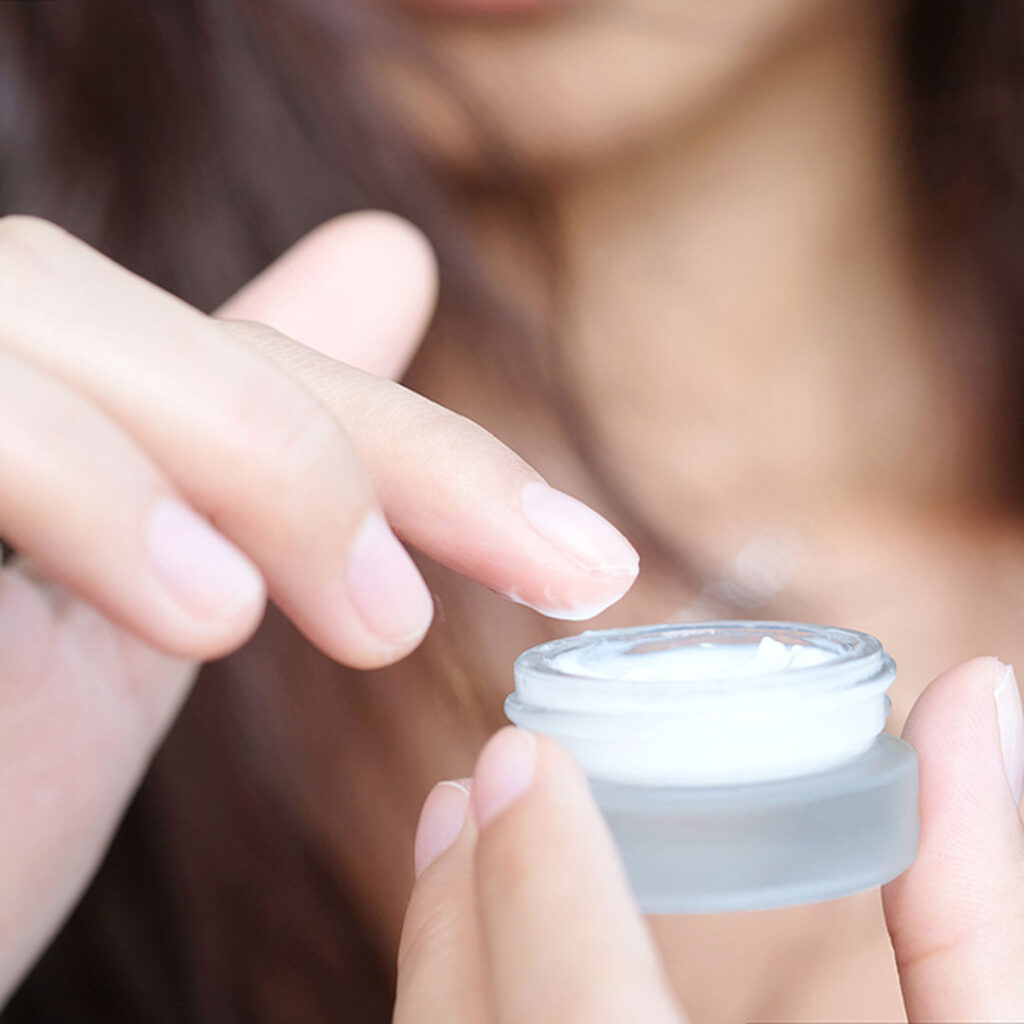
If you’ve ever been curious about retinol, you’re not alone. I hear that a lot from my patients — some absolutely love it, while others say it left their skin red, dry, or irritated. So, is retinol your best friend or your worst enemy? Let me share the truth about it.
What Exactly Is Retinol?
Retinol is a derivative of vitamin A, one of the most powerful ingredients we have in skincare. It works by encouraging your skin to renew itself more quickly, which means smoother texture, fewer fine lines, and a more radiant glow.
I like to describe retinol as a “trainer” for your skin; it teaches your skin cells to perform at their best. That’s why it’s so effective not only for anti-aging but also for acne and uneven tone.
Why I Recommend Retinol
There aren’t many ingredients in skin care that are as well-researched as retinol. Decades of studies back up its benefits. With consistent use, it can:
- Reduce fine lines and wrinkles
- Improve uneven texture
- Brighten dark spots
- Keep pores clear and reduce breakouts
What I like the most is its versatility. Whether you’re in your 20s and struggling with acne, in your 40s and noticing early signs of aging, or older and working to maintain a more youthful skin tone, retinol can help.
The Challenges (and How to Overcome Them)
Here’s the part people don’t always talk about — retinol isn’t always easy to start. Many people experience redness, dryness, or flaking in the first few weeks. This is normal as your skin adjusts.
The key is to start slowly. Use it just two or three times per week at first, always apply a good moisturizer, and never skip sunscreen during the day. With patience, most skin types can adapt to it.
My Best Tips for Retinol Success
Over the years, I’ve guided many patients through starting retinol. Here’s the advice I always give:
- Start slow and don’t rush it.
- A pea-sized amount is plenty.
- Pair it with a nourishing moisturizer.
- Protect your skin with sunscreen daily.
- Be patient. Results usually show up in 8–12 weeks.
Remember:
Skin care is a marathon, not a sprint.
Friend or Foe?
So, is retinol a friend or a foe? In my experience, it’s definitely a friend when used properly. But not every product is right for every person. That’s why I always encourage a personalized approach.
At Nima Skin Institute, we’ll work with you to decide whether retinol belongs in your skin care routine or if there’s another treatment that’s better for your skin.
Ready to find out if retinol is right for you? Please feel free to contact us and let’s create a skincare plan that’s perfect for you.
